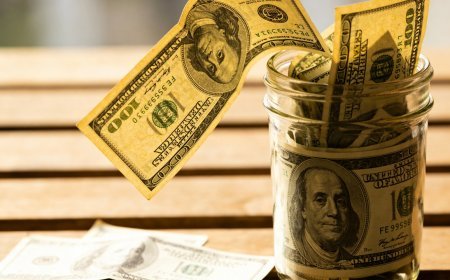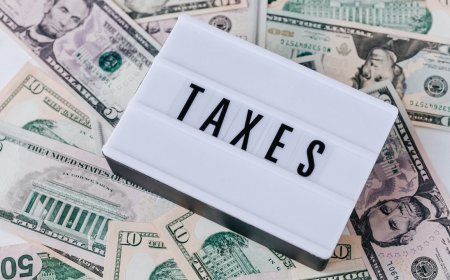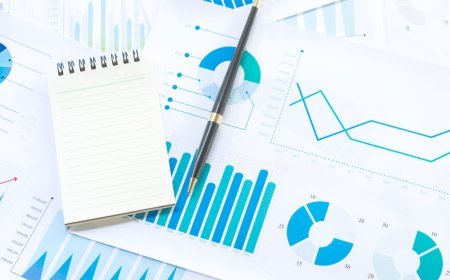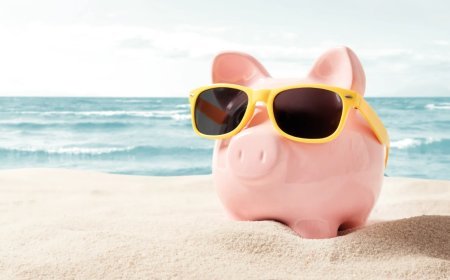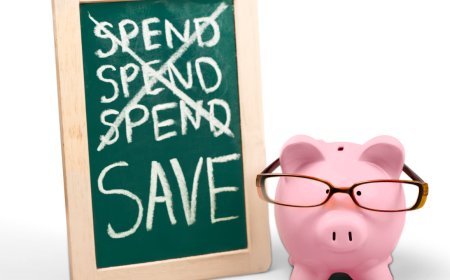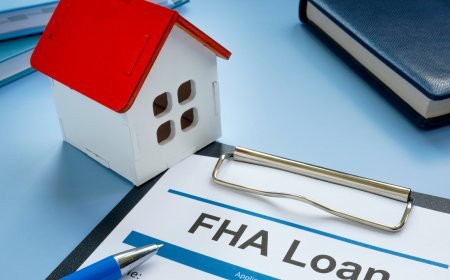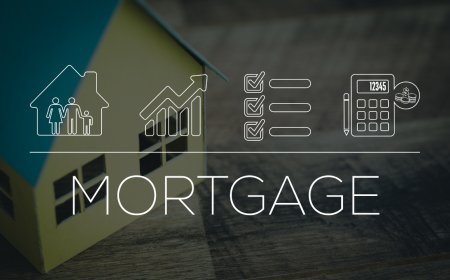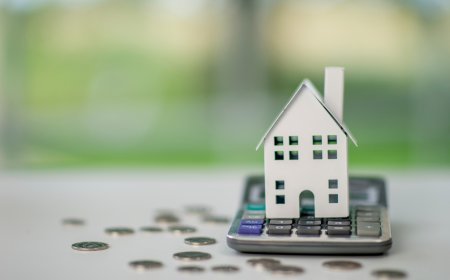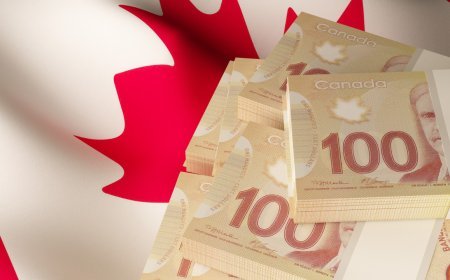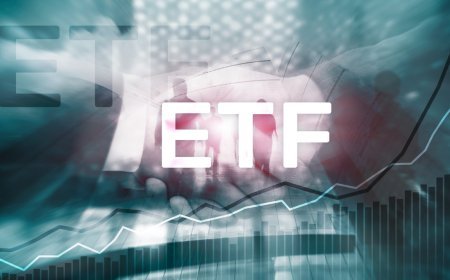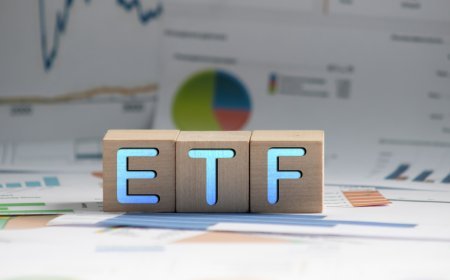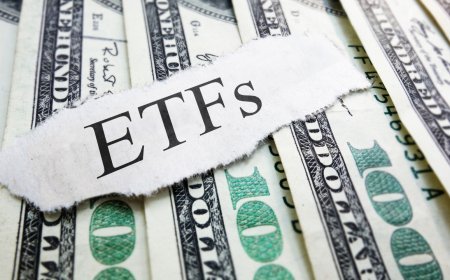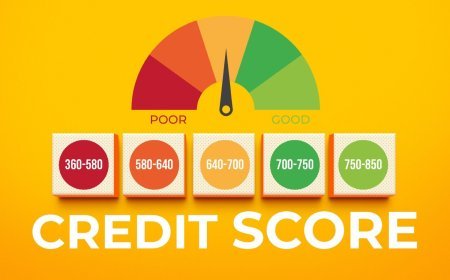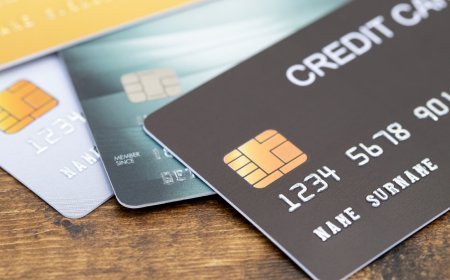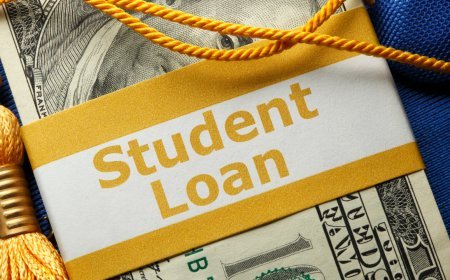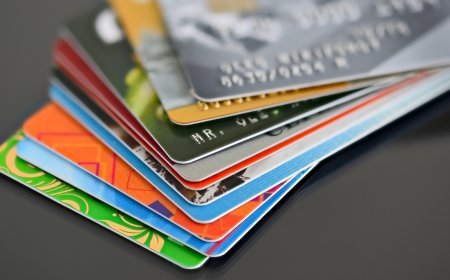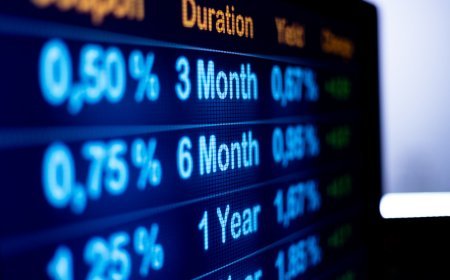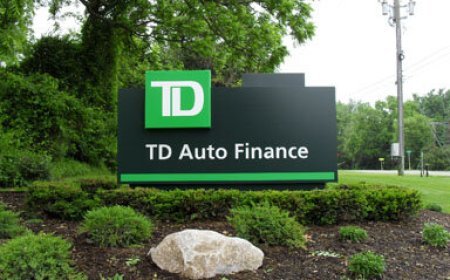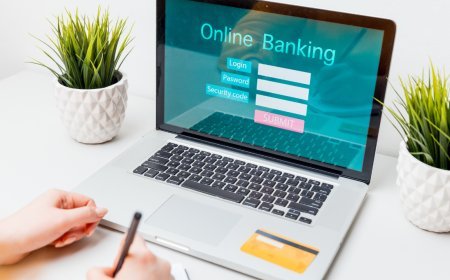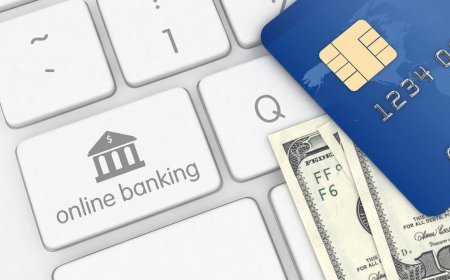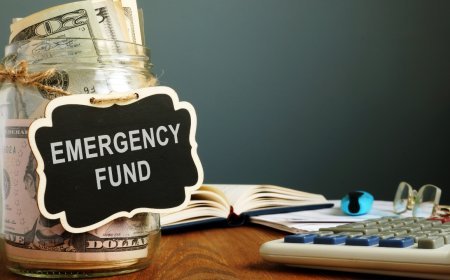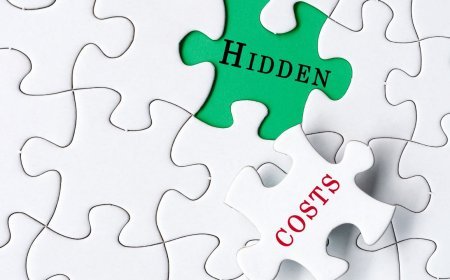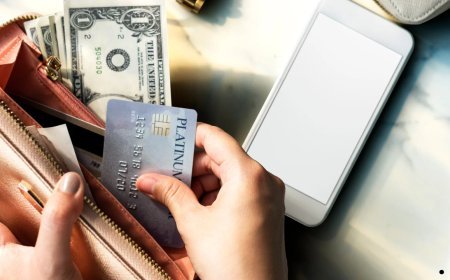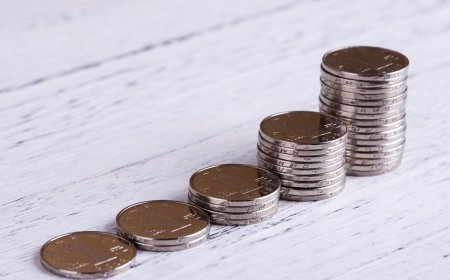The Financial Reset You Need: Why a 30-Day ‘Cash Diet’ is the Smartest Money Move for Late 2025
Feeling the sting of overspending? Take our 30-day cash diet challenge. A simple financial reset to curb impulse buys, practice mindful spending, and save money fast.
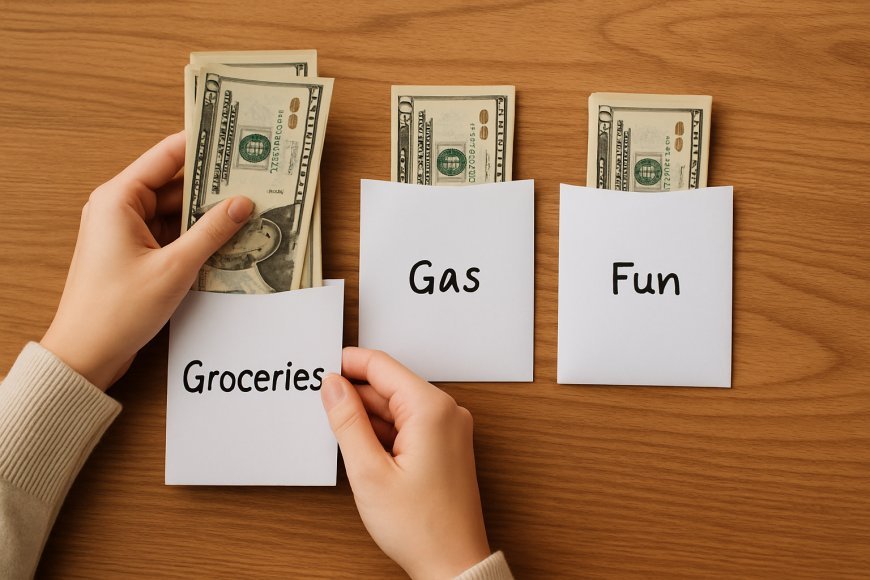
The summer of 2025 was one for the books—vacations, long weekends, and patio dinners. But now, as we head into the fall, a quick glance at your credit card statement might be giving you a case of financial whiplash. The ease of tap-to-pay and one-click checkouts has created a spending blur, making it harder than ever to know where your money is truly going.
If you feel like your spending is on autopilot and your savings goals are drifting further away, you don’t need another complex spreadsheet. You need a pattern interrupt. You need a financial reset.
Enter the 30-Day Cash Diet Challenge. It’s a simple, short-term experiment with a profound impact on your financial habits. For one month, you’ll ditch the plastic and digital wallets for the majority of your purchases and use cold, hard cash. It sounds old-school, but in our hyper-digital world, it's a revolutionary act of financial mindfulness.
What is a Cash Diet (and Why Does It Work So Well)?
A cash diet is a temporary budgeting system where you use physical cash for all your variable spending categories. Fixed expenses like your rent/mortgage, utilities, and car payment still get paid automatically from your bank account. But for everything else—groceries, gas, coffee runs, shopping, entertainment—you use cash you’ve allocated for the month.
This system is incredibly effective because it leverages powerful psychology:
-
It Reintroduces Friction: Swiping a card is painless and abstract. Handing over a crisp $20 bill and getting back a few singles is a tangible exchange. This physical act forces a moment of pause, making you consciously register the cost and decide if the purchase is truly worth it.
-
It Makes Your Budget Visual: You can't ignore a budget that you can physically see. When your "Dining Out" envelope is empty, your decision is made for you. It transforms the abstract numbers in an app into a concrete reality, eliminating the temptation to "just put it on the card" and worry later.
-
It Breaks the Habit Loop: Mindless spending is a habit. The cue (e.g., seeing a sale), the routine (tapping your phone to pay), and the reward (a dopamine hit from a new purchase) happen almost unconsciously. Using cash breaks this routine, forcing your brain to create a new, more deliberate pathway for spending decisions.
How to Start Your 30-Day Cash Diet Challenge: The Rules of Engagement
Ready for a reset? Here’s your step-by-step plan for success.
Step 1: Define Your Scope & Set Your Budget
First, identify which spending categories will be part of your cash diet. These are your variable expenses.
-
Cash Categories: Groceries, Gas, Dining Out, Entertainment, Personal Care, Shopping, Hobbies.
-
Auto-Pay Categories: Rent/Mortgage, Utilities, Insurance, Phone Bill, Subscriptions, Minimum Debt Payments.
Next, use the Flexible 50/30/20 rule to calculate your cash allowance. Add up your budget for variable needs (groceries, gas) from your 50% "Needs" category and all of your 30% "Wants" category.
This total is the maximum amount of cash you will spend for the next 30 days.
Step 2: Go to the Bank and Make the Withdrawal
This is the most important step. Go to your bank or ATM and withdraw your entire cash allowance for the month. The physical act of seeing the money you have to live on is a powerful anchor for the challenge.
For easier management, immediately divide the cash into weekly allowances using simple envelopes. Label them: "Week 1," "Week 2," etc. This prevents you from accidentally spending the whole month's budget in the first ten days.
Step 3: Leave the Cards at Home
Remove the temptation. Take your credit and debit cards out of your wallet and put them in a drawer at home. For this challenge to work, you cannot have a backup plan. The goal is to learn to live within the cash limits you've set.
Step 4: Track Your Feelings, Not Just Your Dollars
When you decide not to buy something because you don't want to part with the cash, make a note of it. At the end of the 30 days, you’ll have a list of all the impulse buys you avoided. This isn't about shaming yourself; it's about identifying your personal spending triggers.
Surviving (and Thriving on) Your Cash Diet
-
What if I run out of cash for the week? You don't cheat. This is the core of the challenge. If your "Fun" money is gone by Friday, you find free entertainment for the weekend. You cook from the pantry instead of ordering takeout. This constraint breeds creativity and reveals your true spending priorities.
-
Is it safe? Don’t carry your entire monthly budget with you. Only carry the cash you need for the day or, at most, your weekly envelope.
-
What about online purchases? The goal is to curb impulse shopping, which is rampant online. Try to avoid online shopping for the 30 days. If a purchase is absolutely essential, use your debit card, and then immediately remove that exact amount of cash from your envelopes and set it aside. This keeps your budget honest.
Life After the Diet: A Smarter Spender
The 30-day cash diet isn't meant to be a permanent lifestyle. It’s a powerful diagnostic tool and training program. When the 30 days are up, you will return to the convenience of digital payments, but you'll do so with a completely rewired perspective. You'll be more mindful, more aware of your spending triggers, and better equipped to make conscious decisions that align with your long-term goals.
You’ve reset the system. Now you’re back in control.
What's Your Reaction?
 Like
0
Like
0
 Dislike
0
Dislike
0
 Love
0
Love
0
 Funny
0
Funny
0
 Angry
0
Angry
0
 Sad
0
Sad
0
 Wow
0
Wow
0
